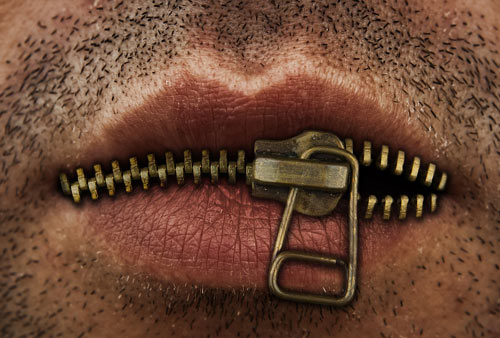
The acrimonious discourse around the Oct. 7 atrocities against Israelis and Israel’s response to the Hamas attack is causing havoc in higher education. Not only have universities, thus far, failed to punish student speech celebrating the killing of Israelis, but universities also have sought to render such speech costless for students by setting up anti-doxxing task forces and pleading with prospective employers who have threatened to rescind job offers.
Higher education’s hypocrisy is palpable. In recent years, many universities have aggressively condemned and punished speech they found odious. Elite universities have canceled speakers who have expressed doubts about the benefits of diversity, fired untenured faculty for expressing doubts about affirmative action and revoked offers of admission based on student social medial posts. Despite well-documented cases of hateful speech and even physical intimidation after Oct. 7, universities have been largely mum on student discipline.
Such hypocrisy is not only unseemly, but it also is potentially illegal in ways that have not been fully recognized. Title VI of the Civil Rights Act of 1964, prohibits discrimination on the basis of race, color and national origin in activities that receive federal financial assistance. This law, long dormant in higher education, has newfound prominence after the U.S. Supreme Court relied on it to strike down affirmative action at Harvard University this year.
Administrations under Donald Trump and Joe Biden have affirmed that Title VI prohibits discrimination on the basis of Jewish identity. In the weeks after Oct. 7, universities have been allowing and even protecting speech that, if the colors, national origins or races of those speaking and being targeted were reversed, would have certainly been subject to sanction. Title VI, however, on its own terms and as a matter of Supreme Court precedent, does not recognize dialectics of power or dynamics of colonization.
In student discipline and conduct enforcement, universities simply cannot privilege or disadvantage any racial, national or color group.
Direct recovery by student plaintiffs under Title VI is likely quite limited. But there is an additional legal risk to university hypocrisy based in contract. Universities typically promise to create a reasonably regulated residential environment where learning, broadly speaking, can take place. Universities create detailed codes of conduct to support their community, and these codes are, in some instances, contracts. Harvard’s rules are instructive. Its student handbook provides that "the rules of Harvard College provide a framework within which all students are free to pursue their work, under the safest and most equitable conditions (Harvard) can create." When violations occur, Harvard "will treat them as matters of serious concern because they disrupt the individual lives of students and the shared life of this community."
Harvard, and other universities, may not arbitrarily decline to enforce their promised community standards. Doing so would constitute a breach of contract with tuition refunds as a potential remedy.
To our knowledge, no Title VI or contract case on similar facts has ever been successfully litigated. But the situation before us is unprecedented. Perhaps courts will find reasons to side with the universities, which are navigating a difficult time with increasingly diverse and divided communities. At some point, however, a line is crossed. Swift actions in favor of one constituency in one year, and disregard of the interests of another constituency the next year, raise the specter of bad faith, arbitrariness and invidious discrimination.
So what should universities do? One option is for private universities to continue to condemn and punish speech they deem odious, even if that speech were otherwise constitutionally protected. But they must do so impartially, enforcing their rules even when the odious speech comes from marginalized groups against those perceived to be on top. We believe, however, that there is a better way. Private universities should commit in their student handbooks to speech protections coterminous with the First Amendment. This is what public universities as state actors must do, and it is what a few private universities have in substance already done. The result is not a campus free-for-all but instead a much more limited scope for university action. Fighting words, uncivil discourse in the classroom, event disruptions, threats and name-calling can all be dealt with within this framework and must be addressed impartially.
There is more at stake here than potential university liability. Universities’ failure to consistently protect speech and tolerate uncomfortable ideas undermines their core mission. By implicitly taking sides, universities have diminished their status as the forum to address the world’s most complicated problems. They have stifled the kinds of creative and disruptive conversations necessary to address such problems.
Critical though we are, we believe that universities and the enlightenment values on which they were founded of intellectual freedom and deliberative engagement are essential for human flourishing, healthy democracy and civil society. We offer this analysis in the hopes of reaffirming those ideals.
(COMMENT, BELOW)
Chicago Tribune/(TNS)
Max Schanzenbach is the Seigle Family professor of law and Kimberly Yuracko the Judd and Mary Morris Leighton professor of law at the Northwestern University Pritzker School of Law.


 Contact The Editor
Contact The Editor
 Articles By This Author
Articles By This Author